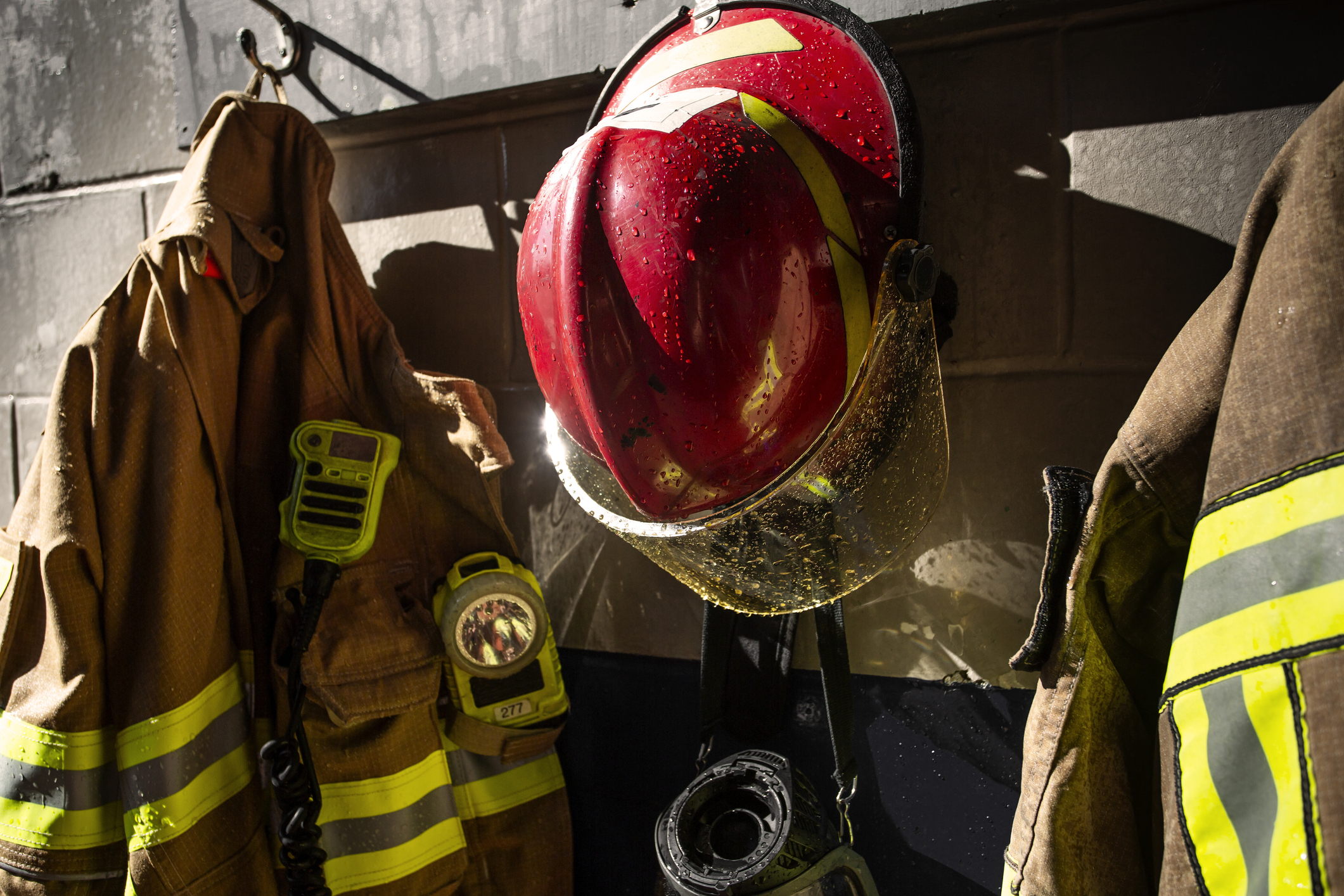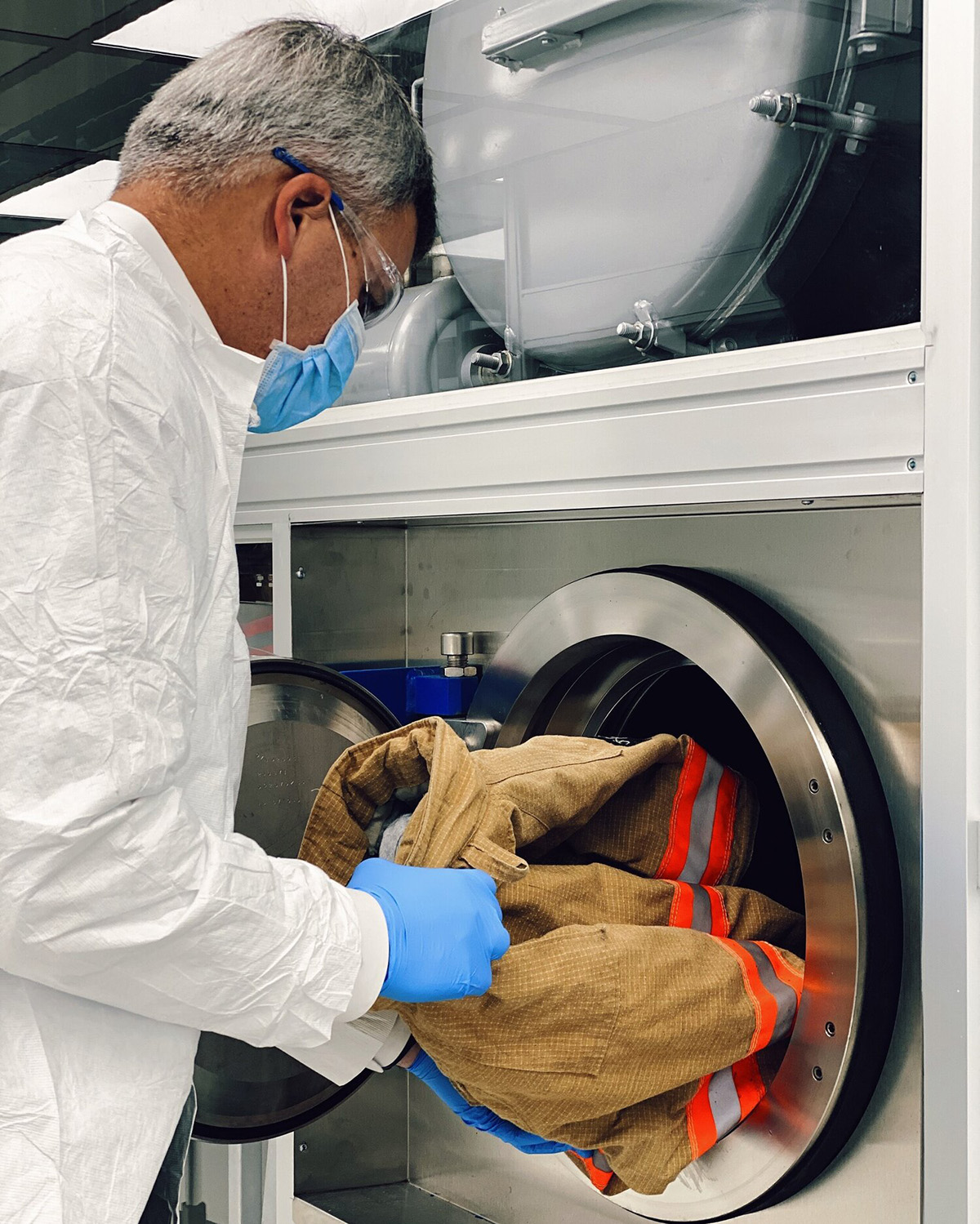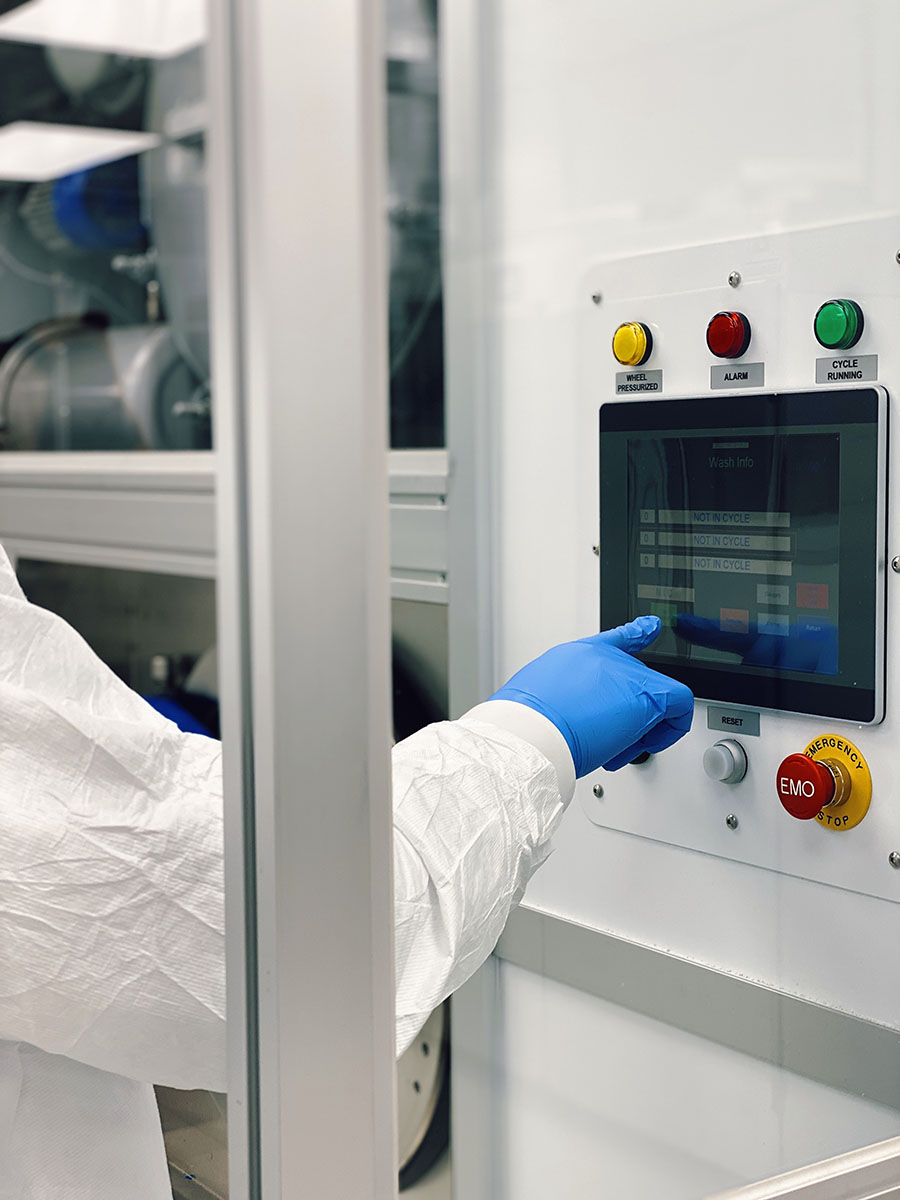By: Emergency Technical Decon Team
Advanced gear decontamination plays a critical role in firefighter cancer prevention—but it’s not the only piece of the puzzle. Day-to-day habits, both on and off the fireground, significantly impact your exposure to harmful toxins. The good news? Small changes can make a big difference.
Here are four everyday practices that help reduce long-term health risks:
1. Keep Your Gear Out of Living Spaces
Contaminated turnout gear should never enter the station’s clean areas, personal vehicles, or—worst of all—your home. Create designated dirty zones, store gear in sealed containers during transport, and avoid handling gear without gloves after a fire.
2. Make Post-Fire Showers a Priority
The “shower within the hour” rule isn’t just a catchphrase—it’s one of the most effective ways to remove carcinogens from the skin after an incident. Build this expectation into your crew’s routine and provide the facilities to support it.
3. Use Wipes for On-Scene Decon
Fire scenes are high-risk exposure zones. Use decon wipes to clean your neck, jawline, hands, and inner wrists immediately after exiting the hot zone. These areas are among the most permeable and prone to absorption.
4. Speak Up & Lead By Example
Every firefighter plays a role in building a culture of safety. Whether you’re a recruit or a chief, modeling clean habits and encouraging your peers to do the same can help shift norms across your department.
These small actions, when practiced consistently, add up to serious long-term protection.
At ETD, we believe that prevention starts with education, and we’re here to support firefighters with tools, services, and knowledge to keep their gear clean and their teams healthy.
Make everyday decon part of your department’s strategy. Request advanced gear decon service here.



